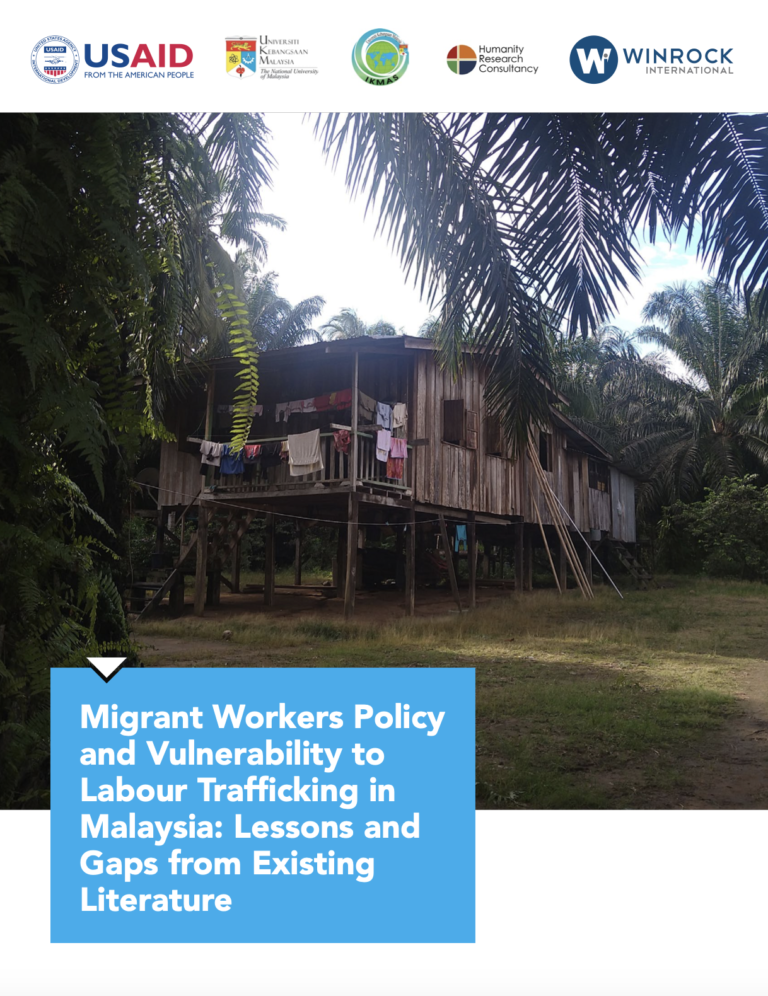Since 2018, with the first change of the federal government after 60 years of independence, Malaysia has seen notable policy shifts in labour policy. These include amendments of employment and social protection regulations, as well as the strengthening of national action plans in addressing trafficking in persons and forced labour. All of which aimed to further strengthen workers’ protection and access to justice and remedies. Despite these efforts, forced labour and trafficking in persons continue to emerge.
Research Question: Given the complex interplay between such policy shifts and workers’ vulnerability to labour trafficking, this study aims to understand how policies regarding migrant labour contribute to migrant workers’ vulnerability to labour trafficking
Research Methodology: In order to respond to this research question, we set out to conduct a systematic literature review, allowing us to examine and interpret the existing body of literature. Literature was identified through internet searches using two databases, namely, (i) Google Scholar, and (ii) Scopus. A number of key search terms were used in the search strategy, and hits were screened using a list of inclusion criteria. From the total of 3,225 relevant articles identified from both databases, this study included and reviewed only 21 of them.
Key Findings/Messages: Key findings are divided into three sub-sections, each responding to the following sub-research questions: (i) what makes migrant workers in Malaysia vulnerable to labour trafficking?; (ii) do current regulatory and policy reforms really address migrant workers’ vulnerability to labour trafficking?; and (iii) what hinders Malaysia’s efforts to reduce and/or eliminate migrant workers’vulnerability to labour trafficking?
Conclusion: The past years have seen positive commitments made by the Government of Malaysia to address forced labour, including regulatory reforms with the aim to strengthen workers’ protection in the country. However, stronger legislation does not always or necessarily result in increased protection of labour trafficking victims. Effective protection of victims is dependent on a range of other factors, including effective access
to legal representation, remedies, and the ability of frontline enforcement personnel to exercise their duty and to apply humanistic judgement when dealing with vulnerable victims. This study presents five points of key observations, six points of implications to policy discourse, and five points for future research.

